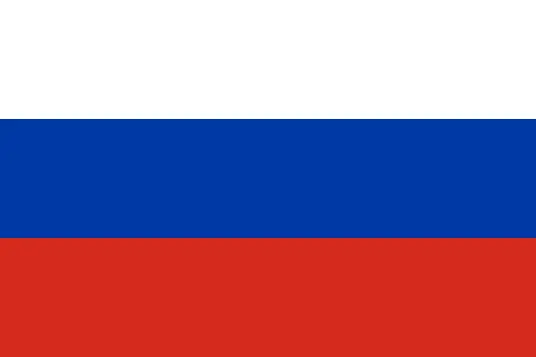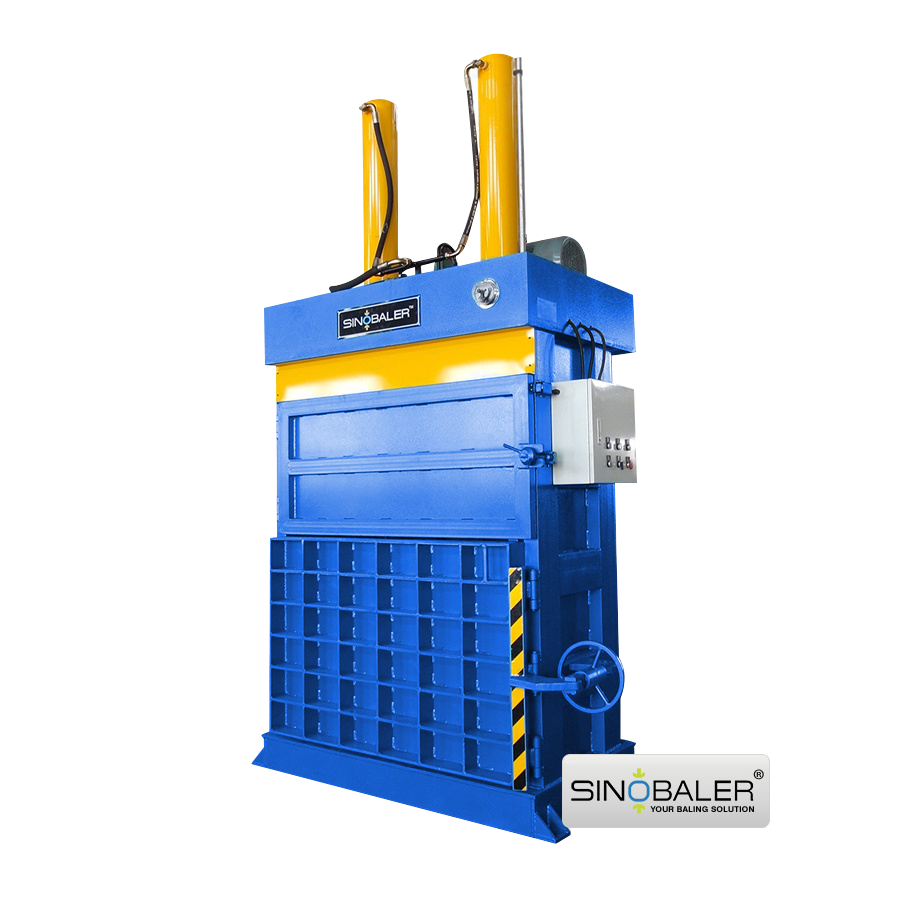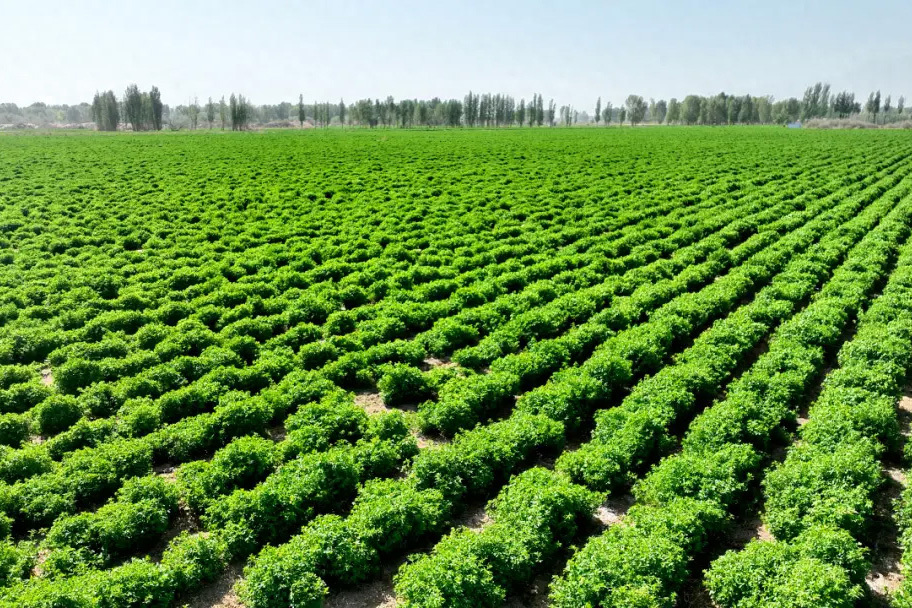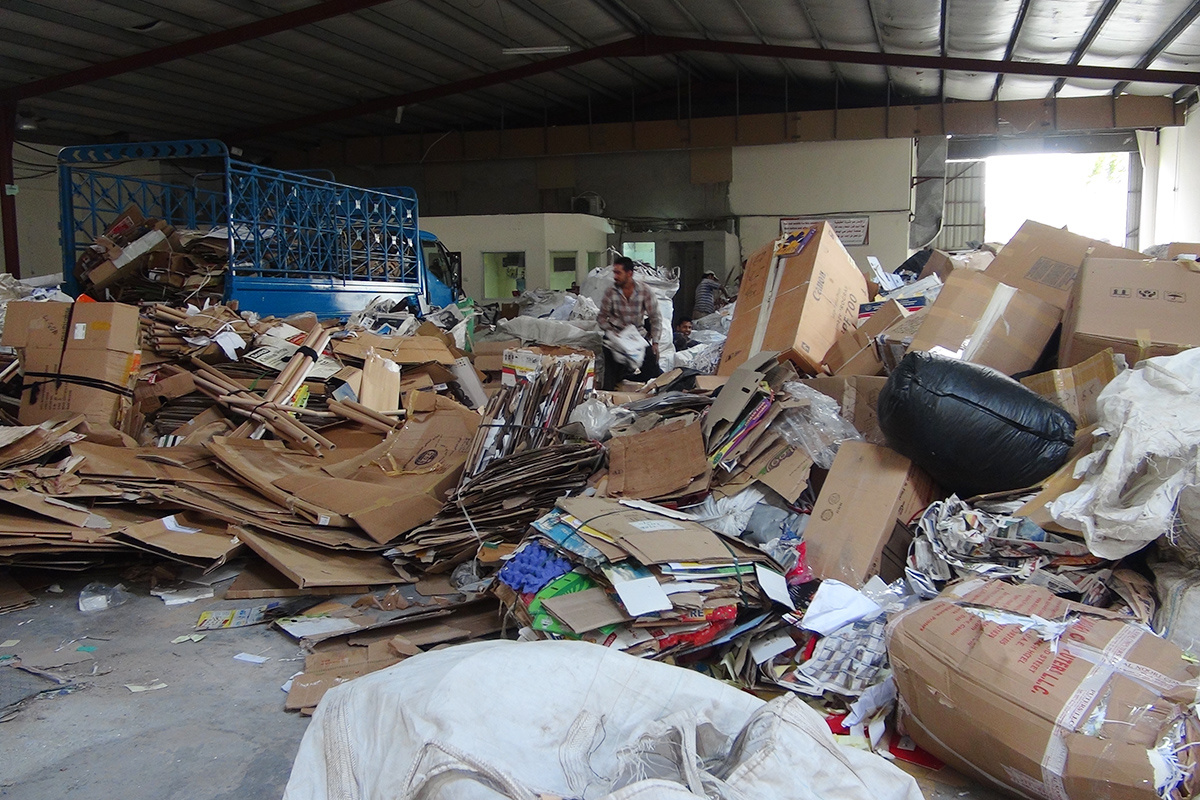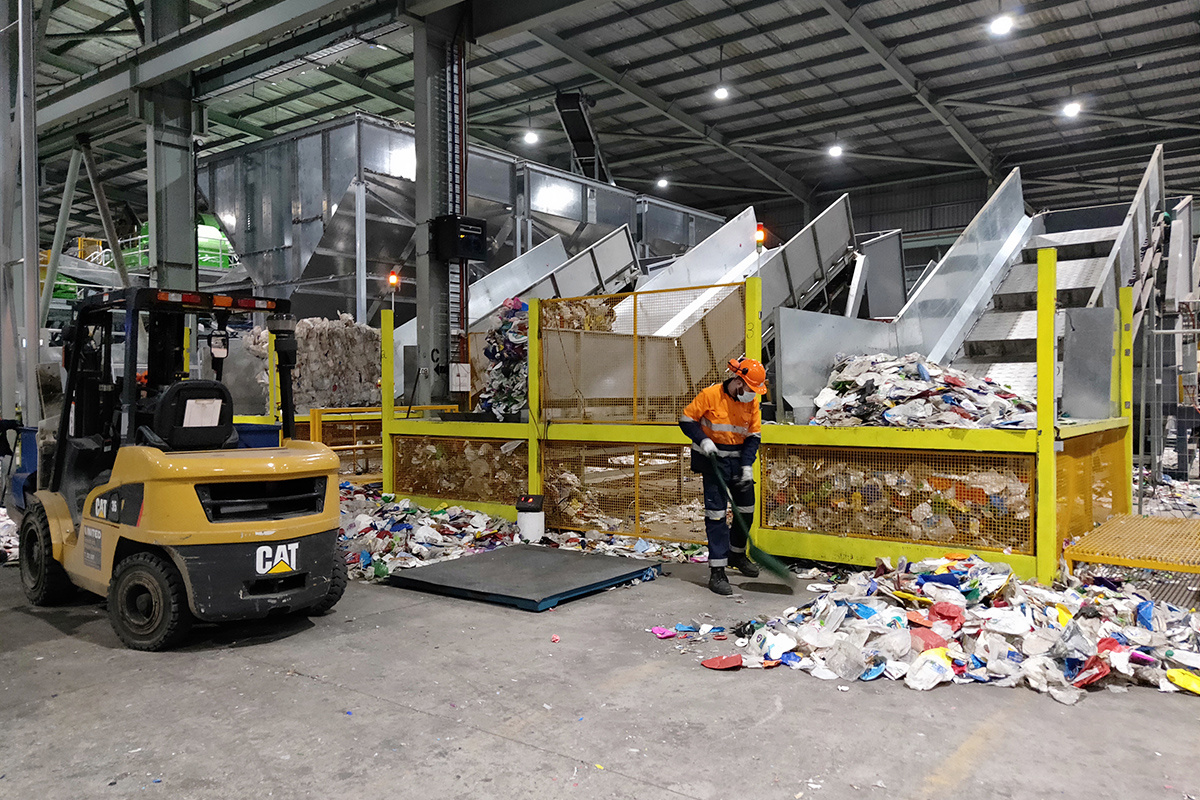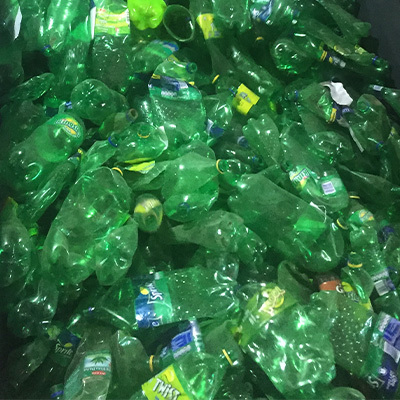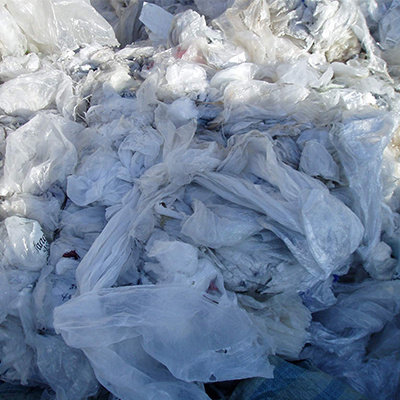Find Your Perfect Baling Solution
Tailored Solutions for Every Industry and Material Type

Key benefits of using the appropriate baling solution
Cost Efficiency
Reduce waste management costs.
Space Savings
Optimize storage and transport
Environmental Impact
Contribute to sustainability efforts
Operational Efficiency
Streamline waste processing
See how we helped businesses like yours
Get Started
Baler Type
Industries
• Applications: Baling of crop residues like hay, straw, corn stalks, and sugarcane leaves. The bales are often used for animal feed, bedding, or bioenergy production.
• Benefits: Efficiently manages agricultural by-products, reduces storage space, and facilitates easy transportation.
• Applications: Baling of recyclable materials such as paper, cardboard, plastics, metals, and textiles. Balers are crucial in recycling facilities for processing large volumes of waste.
• Benefits: Reduces the volume of recyclables, making them easier to store, transport, and process, ultimately improving recycling efficiency.
• Applications: Baling of municipal solid waste (MSW), industrial waste, and construction debris. Used in landfills, transfer stations, and waste processing plants.
• Benefits: Compresses waste to reduce landfill space, enhances waste handling, and can be used in waste-to-energy initiatives.
Baling Applications
Step-by-step Baler Selector
- Corrugated (OCC) / mixed paper
- Soft plastics (stretch/shrink film)
- Rigid plastics (bottles, crates, purges)
- Textiles / used clothes / rags
- Biomass & fibers (coco peat, hay, plant fibers)
- Foam & light fluff
- Metals (aluminum cans, turnings/borings, light scrap)
- Tires / rubber
- Mixed waste (MSW/RDF pre-bale)
- Estimate daily volume (m³ or yd³) and weight (kg or lb).
- Peak rate: average kg/hr (or lb/hr) during your busiest hour.
- Max bale footprint to fit your pallet or container.
- Target bale weight your team/equipment can handle.
- Higher density = better freight and rebate, but needs more force and sometimes cross-tying.
- Ask your recycler’s preferred bale size/weight.
- Manual (front door), cart tipper, conveyor, air cyclone, or in-line from a shredder/granulator.
- Available floor area & ceiling height.
- Electrical service (phase/voltage).
- Dock or container access.
- Steel wire (dense/heavy, metals), PET strap (OCC/plastics), PP rope/strap (textiles/biomass), hemp/rope (some fibers & ag).
- Bale wrap/bags for fluffed materials.
- 1–20 bales/day: manual or semi-auto vertical/twin-chamber.
- 20–200+ bales/day: horizontal closed-door, auto-tie, or two-ram.
- Springy light films (need anti-rebound features).
- Dusty/fibrous (consider fluffer, bagging, dust control).
- Wet/abrasive/corrosive (liner, wear plates, stainless touches).
- Look past purchase price: labor per bale, consumables, maintenance, energy, freight savings.

Tie material guide
Steel wire: metals, dense rigid plastics, high-compression paper.
PET strap: OCC, film, bottles—good strength, safer handling.
PP strap/rope or hemp rope: textiles, fibers, agriculture (when moderate compression is fine).
Plastic bags/wrap: with baling & bagging systems for loose/fibrous materials.

Feed & layout tips
Manual door loading: simplest; good up to ~3 bales/hr.
Tipper + vertical: speeds up cart workflows.
Conveyor + horizontal: best for steady streams.
Air cyclone to baler: paper trim/film offcuts; add dust control.
Keep clearances for bale ejection, tie side, and safe operator access.
Tie material guide
Steel wire: metals, dense rigid plastics, high-compression paper.
PET strap: OCC, film, bottles—good strength, safer handling.
PP strap/rope or hemp rope: textiles, fibers, agriculture (when moderate compression is fine).
Plastic bags/wrap: with baling & bagging systems for loose/fibrous materials.
Feed & layout tips
Manual door loading: simplest; good up to ~3 bales/hr.
Tipper + vertical: speeds up cart workflows.
Conveyor + horizontal: best for steady streams.
Air cyclone to baler: paper trim/film offcuts; add dust control.
Keep clearances for bale ejection, tie side, and safe operator access.
What to send a baler vendor
PRIVACY POLICY
We collect information from you when you fill out an inquiry or contact form. When submitting the form on our site, you may be asked to enter your name and contact details such as: e-mail address, mailing address and/or phone number, etc. Alternatively, you can choose not to complete our forms and visit our site anonymously. Any of the information we collect from you may be used to help us to better respond to your individual needs, and/or enable us to more effectively respond to your customer service requests and support needs. The email address you provided may also be used to send you information and updates pertaining to your inquiry and/or order, in addition to receiving occasional company news, updates, related product or service information, etc. SINOBALER does not sell, trade, or otherwise transfer to outside parties your personally identifiable information. This does not include trusted third parties who assist us in operating our website, conducting our business, or servicing you, so long as those parties agree to keep this information confidential. We may also release your information when we believe release is appropriate to comply with the law, enforce our site policies, or protect ours or others rights, property, or safety.
By using our site, you consent to our online privacy policy. If we decide to change our privacy policy, we will post those changes on this page. If you have any questions or concerns regarding our privacy policy, please e-mail info@sinobaler.com or mail your question to us at 1206 Yinzhou Shanghui Nan Lou, 1299 Yinxian Avenue, Yinzhou District, Ningbo 315192, P.R. China.
EXTERNAL LINKS & DISCLAIMER
Our web site has links to many other organizations with their permission. Upon leaving the SINOBALER web site, you are subject to the privacy policy of the new site which are not under our control. SINOBALER is not responsible for the content of any linked site or any link contained in a linked site. These links are provided to you as a service for you to better understand the different business relationships that SINOBALER has established, and/or to point the reader to other possible relevant resources.



